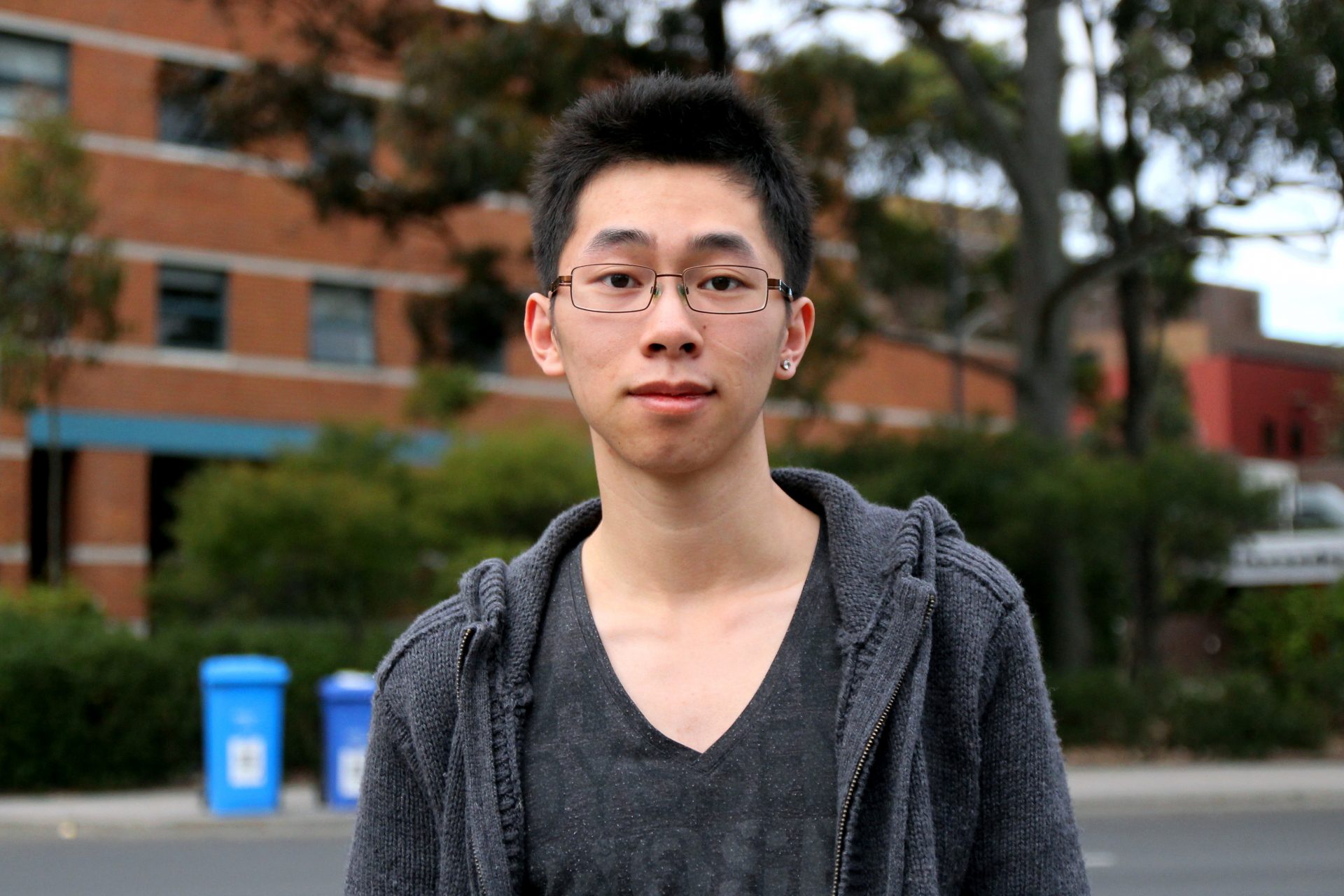Buy a restaurant, get PR?
WHEN Jun Ma was 21-years-old, the Chinese national dropped out of university to start up a restaurant, in the hopes it would lead to permanent residency in Australia. But as Cassie Shi reports, that plan – and his investment – soon went down the drain.
Jun Ma is looking forward to today. It’s the day he won’t need to get up at 4am to drive all the way to North Melbourne from the Southeast – just to set up his restaurant. It’s his first day back at Monash University since quitting his course to start up a business.
“To some extent, I felt relieved,” he says, “It is exhausting to run a business.”
In October 2011, Chinese-national Ma borrowed $200,000 from his parents to buy a pie and coffee restaurant in North Melbourne. The plan was to apply for an Established Business in Australia visa(subclass 845) – a visa he would qualify for after running the business for 18 months. Then after 1.5 years, he would be able to get permanent residence in Australia. At least, that’s what his migration lawyers told him.
“If I followed their instructions, the successful rate would be 100 per cent,” he recalls.
But in July 2012 – eight months after he had set up the restaurant – the 845 visa was called off, with the Department of Immigration and Citizenship saying it was “underused”.
He’s since closed down his restaurant.
“Of course I was disappointed because I had been running the business for over half a year,” he says.
For Ma, applying for the visa had been a last resort. His mother had planned to keep their family in Australia under a State/Territory Sponsored Business Owner visa (subclass 163) – the most popular visa type for people considering investing in Australia. But she was forced to give up the business she had set up and go back to China due to personal reasons.
Ma took matters into his own hands. As a beneficiary of his mother’s 163 visa, he discontinued his Bachelor of Commerce degree to fully devote himself to his first business. But to no avail.
An ‘unjust’ policy?
Ma has not been the only one affected by Australian government immigration policy overhauls.
Migrant Law Specialist Kin Wee Chua has 10 clients who had invested in businesses, only to have that option taken away. He calls the decision unjust.
“The change was made without any notice, without any warning for those students to start off the business,” he says.
“It’s just unfair.”
Chua says 845 visas have existed since the early 90s. They were initially popular among people who held Temporary Business (Long Stay) visas (subclass 457). But in 2003, the 457 visas were replaced by State/Territory Sponsored Business Owner visas – and from then on applicants for 845 visas declined.
But in the last four years, Chua says students have found it hard to apply for skilled migration visas due to increased, and more difficult criteria. So they turned to 845 visas instead.
 An immigration researcher at Monash University, Dr Bob Birrell, supports the decision to remove 845 visas.
An immigration researcher at Monash University, Dr Bob Birrell, supports the decision to remove 845 visas.
“There were only 45 845 business visas issued to principal applicants in 2010 to 2011 and 117 in 2011 to 2012,” he says.
“So tiny.”
He disagrees with the premise of the visas as well.
“We should not be granting a PR visa just because someone had enough money to buy a small business,” he says.
The Australian government has introduced Business Talent visa (subclass 132), Business Innovation and Investment visa (Provisional) (subclass 188) and Business Innovation and Investment visa (Permanent) (subclass 888) to replace the scrapped visas.
But Chua and other migrant lawyers want the 845 visa back. They are encouraging victims of the policy change to approach members of parliament and persuade the government to reconsider the decision.
Back to school
For now, Ma is just eager to go back to school. He says he is putting aside the thought of immigrating to Australia.
Many immigrants he knows live a tiring and repetitive life. It wasn’t something he expected.
He also notes the big gap between the life of immigrants and locals.
“I want to be a student for another a year or two,” he says.
“If I have a degree, have knowledge, it doesn’t matter whether I am in Australia or in China.”

